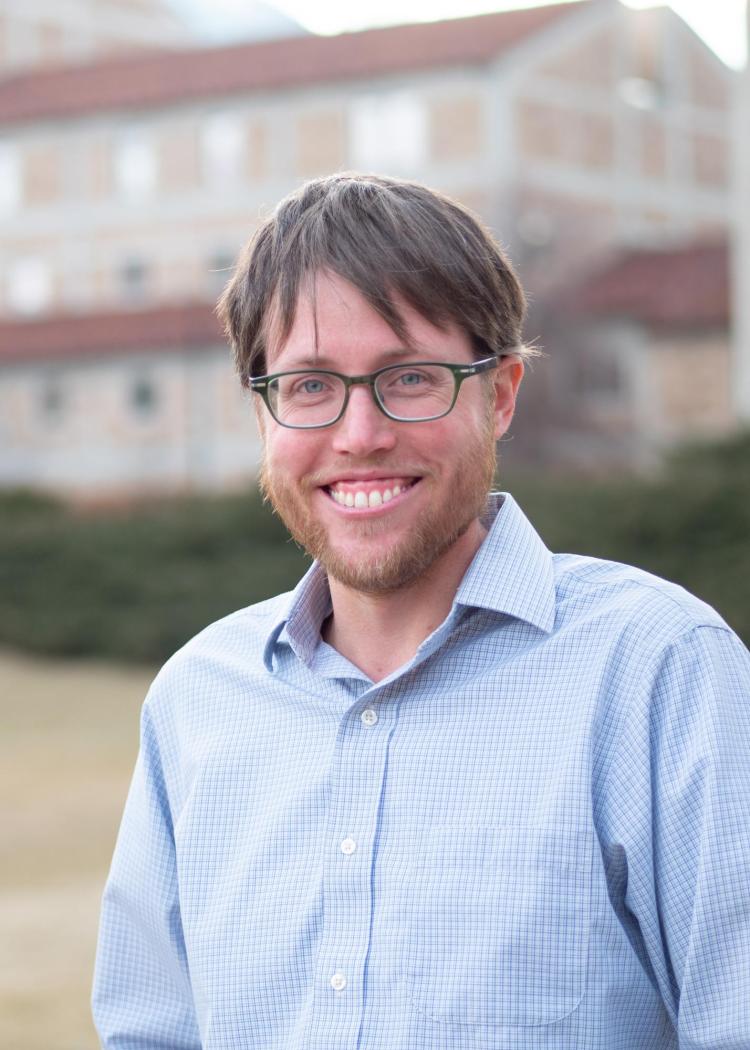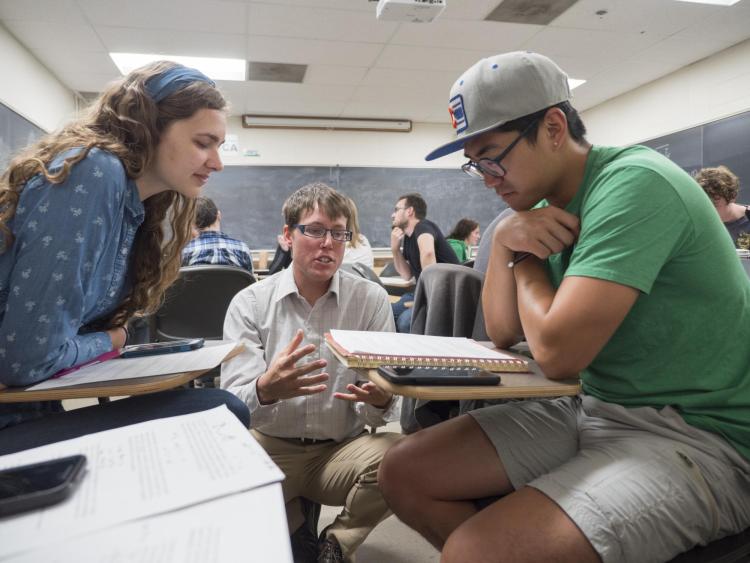A conversation with Loren Hough: Diversity, equity, access and inclusion for the Graduate School
Associate Professor Loren Hough is set to lead the Graduate School’s diversity, equity, access and inclusion (DEAI) efforts and discusses the new role.

Associate Professor Loren Hough, the new faculty director for Graduate School’s diversity, equity, access and inclusion efforts
What will the DEAI faculty director do for the Graduate School?
The position is designed to provide an advocate for DEAI issues within the Graduate School, very broadly, and to initiate and support programs that support graduate students.
For example, I am working with others in the Graduate School on expanding inclusive mentor training for faculty and working with the Pride Office to host events for LGBTQ+ graduate students. My aim is to create a space where all aspects of students’ identities are fully embraced by their peers, advisors, and faculty and staff across the university.
What made you want to pursue this role?
I hope to help build a just and equitable community supporting creative, productive graduate scholars. When people are excluded because of issues of identity, they suffer because they aren’t afforded opportunities, and the rest of the community also suffers because their contribution is lost. I’ve seen the harm that is caused by exclusion stemming from racism and sexism, and the magic that can happen in very inclusive environments.
For example, I have long been involved in CU Café, a group that aims to increase representation and mentoring by co-hosting academic speakers in STEM. The associated colloquium talks have been among my favorites because of the clear diversity of thought as well as of identity that are explored in a supportive environment.
Graduate students often lack the resources or power to have their concerns really heard, and I would like to change that. I was a CU graduate student, and so I have a lot of empathy for some of the benefits and challenges to being a graduate student here at CU.
What are some of the main challenges you are taking on? What do you hope to accomplish in confronting those challenges?
The academic structure does not lend itself to top-down change, and so a significant challenge is in helping departments, units and individual faculty see the value in taking the time and resources to make a more welcoming and inclusive environment.

Hough interacts with students in the classroom. Photos by Glenn Asakawa/CU Boulder.
Since you’ve been on the job, what has surprised you about the work you’re doing?
I have been impressed by how many people in how many different departments and units are working productively on improving this campus. I’m also surprised by how many acronyms I don’t yet know.
If you succeed in your and the Graduate School’s goals for DEAI, what will the environment look and feel like for graduate students at CU Boulder?
Graduate students would feel valued for their contributions to the community because of their unique positions and background, not in spite of their backgrounds. That is, we would have better representation not just in terms of the number of people but also in terms of the diversity of ideas and viewpoints.
I also think graduate students would have better support and a clear place to turn if they felt excluded. Moreover, the huge contribution that all graduate students—but especially those from marginalized backgrounds—make to this campus would be more clearly reflected at the university.
If you have questions or suggestions on the work we are doing on DEAI in the Graduate School, please don’t hesitate to contact Hough at grad.deai@colorado.edu.


